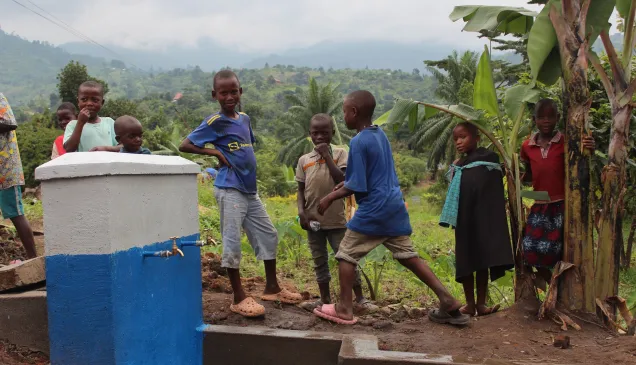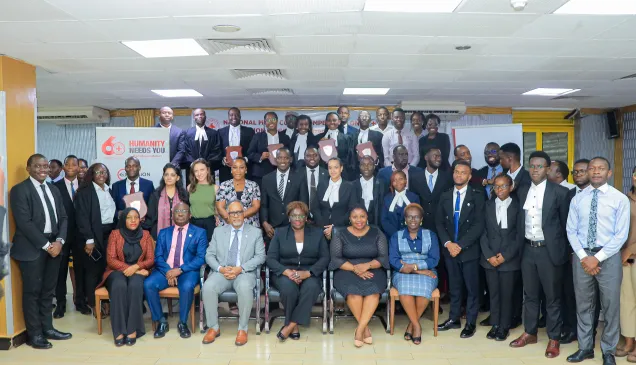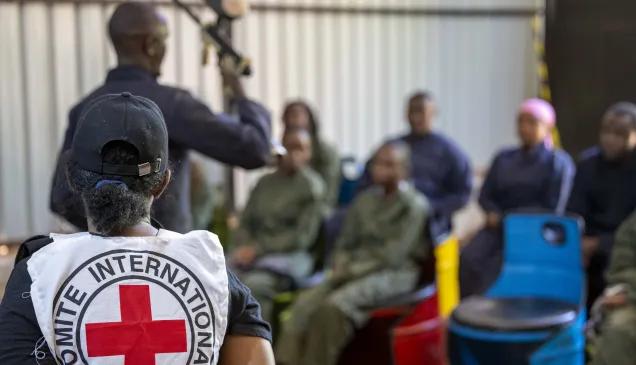Article
Uganda: Congolese refugees use ICRC service to call home
Did you know:
Children and schools are protected in war
International humanitarian law protects children from violence, recruitment and forced displacement - and safeguards their right to education. Schools must never be attacked or used for military purposes. The ICRC helps reunite separated families and supports children’s access to education, so that even amid conflict, every child can learn and grow in safety.



